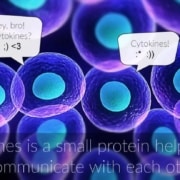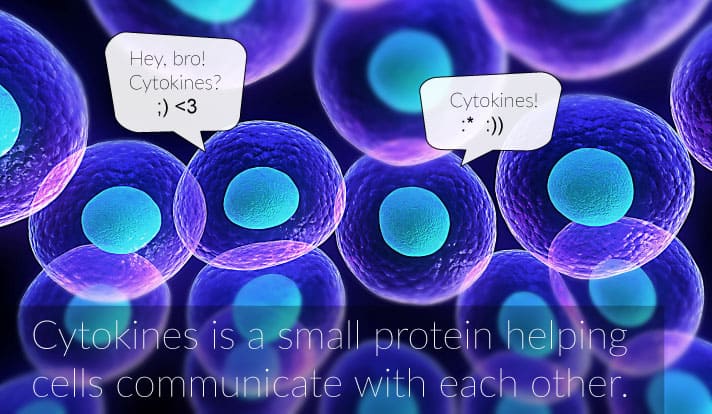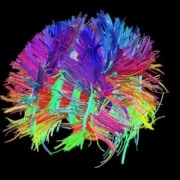Depressed. Trying to conceive? Here is a natural solution.
If you’re trying to conceive and also dealing with depression or anxiety, you’re not alone. In the emotionally charged landscape of fertility struggles, depression and anxiety are frequent, unwelcome guests. Many couples navigate a tumultuous journey as they grapple with the heartache of infertility. But what if the dark cloud of unmanaged depression is not only a symptom of the struggle but also a factor influencing your chances of conceiving? And did you know that unmanaged depression can actually affect your fertility and health of the baby?
How depression and anxiety affect fertility
Enter the Catch-22 of depression and fertility: a situation where the management of mental health can directly impact the very outcome couples yearn for. Join us as we explore the potential pitfalls of pharmaceutical interventions and shed light on alternative, non-drug solutions such as acupuncture.
Infertility diagnoses often go hand-in-hand with increased levels of anxiety and depression. Infertility diagnosis is devastating and and can cause significant stress and suffering. When unmanaged, the emotional turmoil of depression can seep into couple’s relationship and undermine their success in becoming parents.
Recent studies have discovered connections between depression and reduced fertility in both men and women. Men battling depression face challenges in sexual function and sperm quality. Recently a large clinical study found that men who have major depression are less likely to conceive a child, while severely depressed women are found 38 per cent less likely to conceive each month.
Are antidepressants safe?
It’s clear that antidepressants are sometimes necessary, but may not be the best solution for couples trying to conceive. Alarmingly they can be unsafe for both the mother and the baby. Recent research showed the links between the use of antidepressants and male infertility and increased likelihood of miscarriage in women.
Perinatal depression and anxiety effects on the baby
Equally concerning, perinatal depression and anxiety in mothers can affect the development of the child during the first 18 years of life. Specifically, it affects social-emotional, cognitive, language, motor, and adaptive behaviour development. With so much at stake, early intervention and support are vital.
What is the safest way to manage your depression when trying to conceive?
A number of studies have explored the possible negative effects of antidepressants on a healthy pregnancy and on a baby. However, we lack information on how these drugs affect fertility. So if you in a position to choose your treatment, discuss non-pharmaceutical depression management with your doctor. There are a few effective non-drug interventions available like
- Acupuncture,
- Counselling and Cognitive Behavioral Therapy,
- Exercise (cardio and yoga)
We recommend that you combine at least two of the above interventions.
Acupuncture is both safe and effective therapy against depression when trying for a baby
Acupuncture may be your non-drug alternative therapy of choice when trying to conceive. Reduced stress and anxiety are some of the well-known fertility acupuncture’s benefits. Majority of our fertility patients report feeling more relaxed.
In 2019 our Australian colleagues from the University of Western Sydney investigated if acupuncture is a suitable treatment for depression. They summed up trials from Asia (China, Korea) and English speaking countries in a systematic review and meta-analysis.
The study authors concluded that acupuncture had significant benefits for patients with depression. The average successful treatment involved about two to three sessions per week. Patients had this natural treatment for several weeks. Acupuncture may be used as a complementary treatment alongside antidepressants or a stand-alone therapy for less severe depression. Not to mention, this ancient therapy can help to speed up your fertility journey.
Our approach
At our clinic, we pride ourselves on our natural, holistic, integrative, and scientifically up-to-date approach to acupuncture treatment. We cater to couples experiencing a wide range of depression-related symptoms, from low moods and insomnia to digestive disorders and low libido. If you’re seeking a natural solution to improve your mental health and fertility journey, we invite you to discover how acupuncture can help.
Contact us today to learn more.



